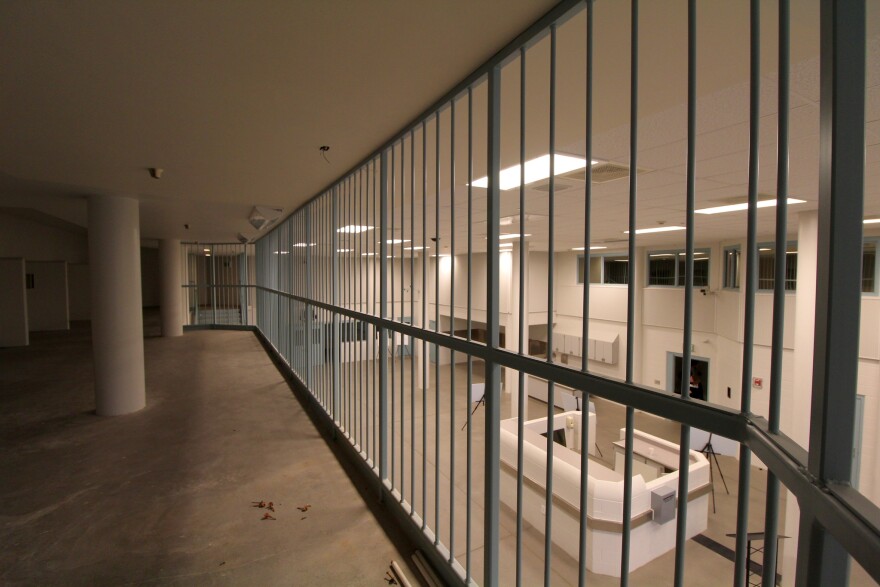The prison population of New Mexico has fallen significantly in the last two years, and the number of people being reincarcerated after release has also decreased, according to a new assessment of Corrections Department data.
In Fiscal Year 2020, 54% of people released from prison were incarcerated again within three years. Now, that number is 38%. A Legislative Finance Committee report card on the Corrections Department said that case clearance rates, arrests and convictions have been trending downward, and also that the improved rates may reflect better programs for re-entry.
At a Legislative Finance Committee on September 22, the Corrections Department's Director of Recidivism Reduction Morgen Jaco said that the variables and drivers of recidivism are interdependent.
"So we really need to take a multifaceted approach to reentry efforts."
Jaco spoke about education programs, substance abuse disorder support and collaboration with employers.
Community Corrections Administrator Haven Scogin spoke about the challenge of finding affordable housing for recent inmates, and about pilot programs including a collaboration with the Crossroads for Women reintegration program, which bought an apartment building.
"We partnered with Crossroads to assist clients in tiered rental payments at that location as they work towards independence," she said. "And so it became a step to more stable housing for clients exiting transitional housing."
The meeting also heard from formerly imprisoned people who benefited from peer education programs in prison.
This reporting was supported by the W. K. Kellogg Foundation and KUNM listeners






